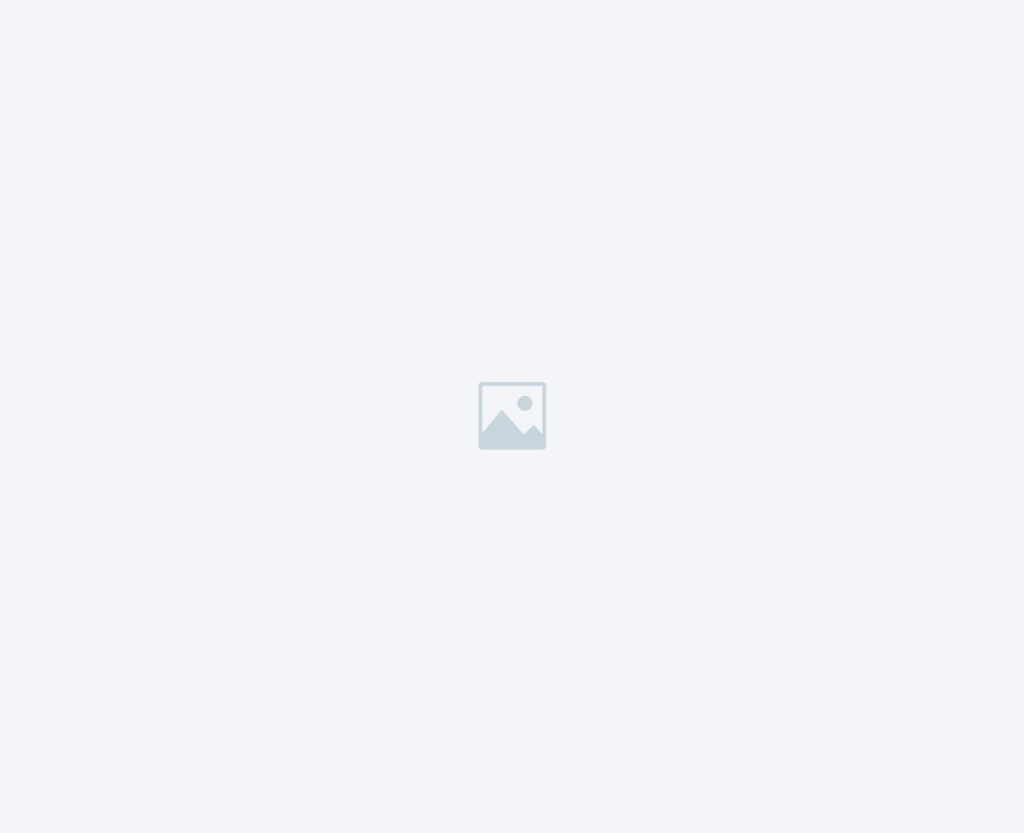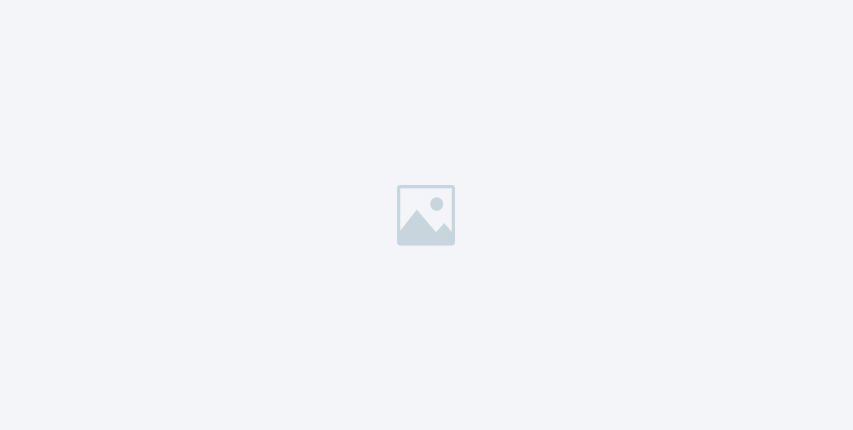
An overview of the services you offer and how they will benefit the visitor.
A short paragraph describing exactly what this service offers and how it helps clients. This is your chance to convince the visitor that your business is the right choice for them.

A short paragraph describing exactly what this service offers and how it helps clients. This is your chance to convince the visitor that your business is the right choice for them.

A short paragraph describing exactly what this service offers and how it helps clients. This is your chance to convince the visitor that your business is the right choice for them.

This is your chance to emphasize why the visitor should contact you right now.
Innov8 Consulting AS
Org. Nr. 932 764 075
Heimdalsgata 35
0578 Oslo, Norway